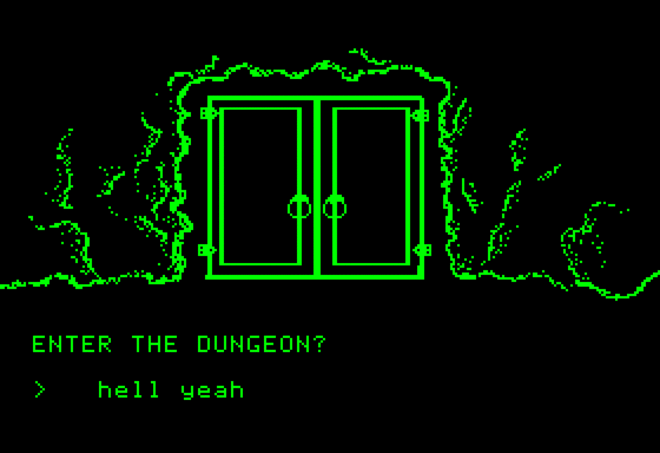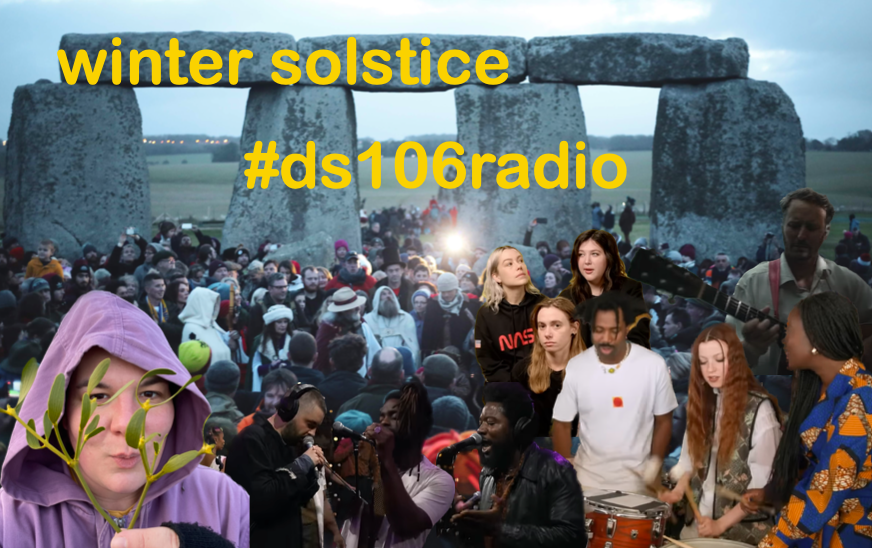Last week Jim Groom and I presented a session at OER20 titled ‘At the scale of care’ discussing the microsite coventry.domains/learn. Thanks to the gargantuan efforts made by the ALT team and OER20 chairs Mia Zamora, Daniel Villar-Onrubia and Jonathan Shaw to shift the conference online, we could share in inspiring live and pre-recorded sessions with many more people taking part online than would be able to in person.
Getting online to present was a little tricky as there were multiple people in one house needing to stream video content or make conference calls. Half an hour before the presentation slot my internet went down and I had to quickly run off to restart the router. Made for a fun nervy morning and I’m very glad it didn’t die again during the presentation!
The premise of the session (watch recording here) was to present how the coventry.domains/learn resource responds to the needs of a large diverse community at Coventry University and the public, how its design and content promotes learner agency and web literacy development and supports educators to build use of Domains in curriculum through a shared open resource.
The broader purpose of the presentation intended to build the argument for free institutional web hosting as a ‘possible space’ (Stavrides 2018) – the potential this hosting arrangement provides in testing new forms of sites and activity on the Web – and how the Learn resource is designed to support this view.
Jim and I decided to go for a tennis-style structure where we’d go back and forth to present a slide each and link these together to make the argument. Jim provided broader context through previous arguments and impetus for Domain of One’s Own initiatives (including the OG at UMW), “patron saint of trailing edge technologies” Jon Udell’s 7 ways to think like the web, and how Learn has made him and the Reclaim team reflect on their own support documentation. I focused on the ways Learn supports Web literacy development, learner agency, and aids educators to embed use of Domains in curriculum – and linking in this framing of projects like Domains offering a ‘possible space’.
At the end of the session we had lots of enthusiastic comments and questions which was really lovely. However, I was a little caught out on how much of this discussion hung to the idea of property ownership in relation to the Web. Many of the questions got caught up in the metaphor of a house to explain how websites operate, and the participants started riffing between the ideas of a house and a home on the Web to try and make sense of it. Others wanted to discuss directly the governance of domain name registry and DNS as an impossibility of anyone owning outright a domain name.
At the time I wasn’t sure how to respond to this – immediately afterwards I felt like we shouldn’t have made any references to houses, or maybe we needed to pointedly dismantle the limited usefulness of property ownership on the Web in terms of supporting education (this is what Jim was going for here).
The analogy of house property ownership on the Web does not work. And in this discussion the metaphor of “a house” seemed to morph into a literal interpretation of how to attempt to replicate brick-and-mortar house ownership on the Web.
This made me want to retrace steps to make clear when house metaphors work, when they don’t work, and that “ownership as relates to agency” has nothing to do with having a mortgage.
Side note: Am I missing something? I don’t know if I should be trawling through other people’s old blog posts to work out the love-hate relationship people seem to have with the “house” metaphor (quite frankly I don’t have time for this, now or ever). When people discuss edtech stuff back and forth on twitter or the blogs there’s a lot of in-jokes and assumed knowledge that I don’t have an in to. I don’t have a problem with this – I get to watch people I admire discuss their perspectives with the people they have the will to debate in this kind of forum, and I learn a lot by doing so. But also sometimes I just don’t have a clue what people are on about.
My understanding of what is known as the house metaphor is a house as a tool to understand how web addresses, websites and web hosting relate to one another. This metaphor can then be extrapolated further to explain that an individual needs to have some initial understanding of the “web-based plumbing, electric, interior design, etc.” if they are to make spaces on the Web and to make them “liveable”.
Once an individual has built understanding of how the Web works and how they can start building their own spaces, including making them “liveable”, it is at this point that the individual can build confidence and agency to realise the potential of Domains initiatives as relates to Virgina Woolf’s arguments in ‘A Room of One’s Own’ (1929).
For me that’s where the metaphor ends. In terms of guides available through the Learn resource, this is how I would explain core concepts underpinning Coventry.Domains to new people:
- A Domain of One’s Own
- Learn on the Open Web
- A Plot of Land (includes the basic house metaphor)
- Imagining Your New Website
I would also use this guide on Self-Hosted vs Hosted Websites, however this uses ownership and leasing analogies drawing from home ownership and landlords, which is clumsy in parts but useful as an initial way to get your head around the differences. When teaching students and staff, I would usually encourage learners to think through this set of relationships critically, thinking through when they might want to use hosted services and when they would want to self-host their work. And I advise other educators to do the same if planning to deliver Domains to students.
Data ownership, privacy implications and intellectual property ownership are big focuses for people interested in Domains – they’re important issues for learner agency when learning on the Web. However, when the focus of conversations centres domain name registry or IP it feels like this has more to do with academics / educators wanting to hold control of their lifetime’s work rather than thinking through the necessary conditions for providing education. This concern is valid in its own right but feels quite separate to how to engineer the conditions for people to understand how the Web works and make on the Web.
My core interest in Domains is how to support learners of all backgrounds to have access to play and make on the Web in a way that does not cost them anything (money, privacy, agency). Providing free institutional web hosting as an educational environment very much goes back to this idea of ‘space commoning’ and ‘possible space’: to enable learners (students and staff) to play and test new forms of making and sharing work online, understand how web technologies work, and have the confidence and agency to make use of the hosting for themselves and others. The idea is that these learners will go on to use their knowledge and confidence in this and other spaces. They will know how the Web and related technologies work, be able to think through how to design for others, and make and curate work in whatever ways are meaningful for them. People need to know how technologies work and have access to the means of making on the Web before they consider the legacy of work generated. And not everything made needs a legacy anyhow.
Also if we want to talk about when a house becomes a home on the Web, this retweet from Jim or this landing page by an undergrad student probably sums it up. As Wei puts it: “Home is a place where you feel the most comfortable and you can be you”.
There is zero chance students would ever feel like their university’s VLE or MS 365 account is their Web-based home. Some may decide a 3rd party service like WordPress.com, tumblr.com or their personal Google Drive is their home for a time. But all through access to a Domains initiative have the opportunity to figure out what a home on the Web means for them.





1 Comment
[…] My last post was a recap of the “At the Scale of Care” presentation Lauren Heywood and I gave at the mighty OER20. A few days ago Lauren posted her own take on the presentation, and I really appreciated how her take dug in much more than mine on the limits and possibilities of the house metaphor to explain and explore Domain of One’s Own. Here is a small piece form Lauren’s insightful and nuanced take on the metaphor: […]